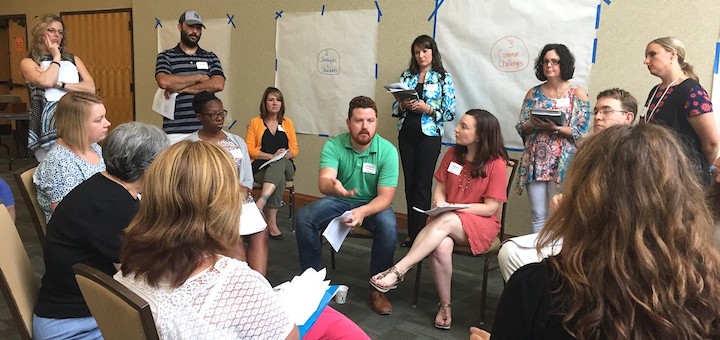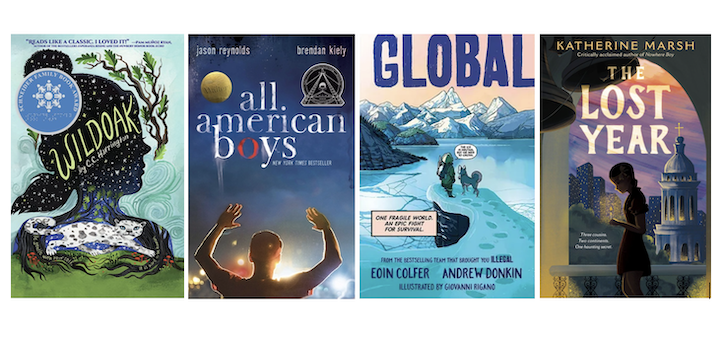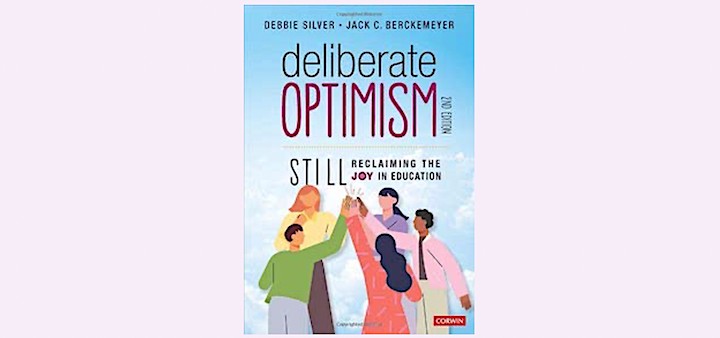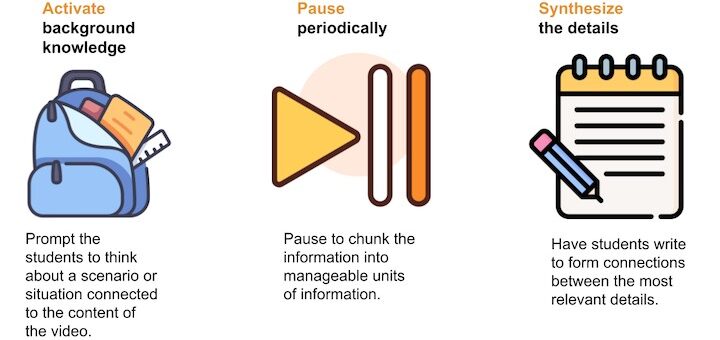“Savoring” Can Be an Incredible Learning Tool
Fresh off seeing U2 in concert at the Sphere in Las Vegas, Stephanie Farley is still savoring the experience by describing it to others. New research says students can learn better and enjoy school more by savoring their own favorite memories. Farley shares some strategies.




















